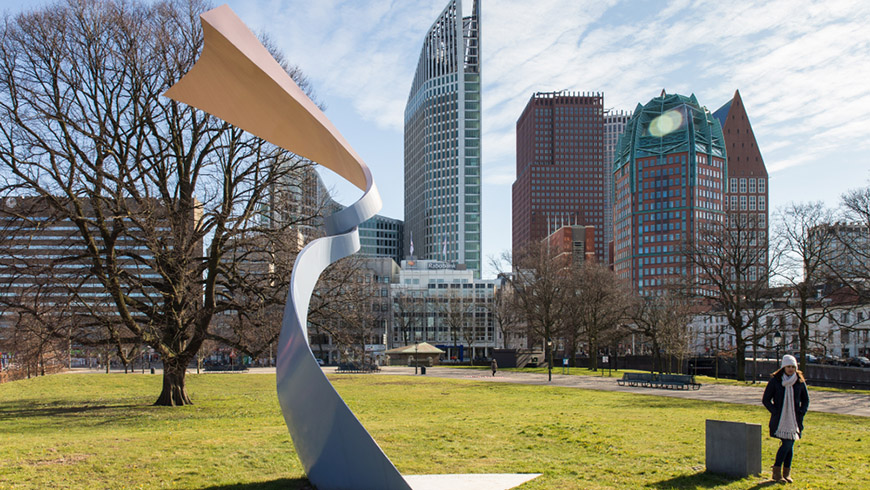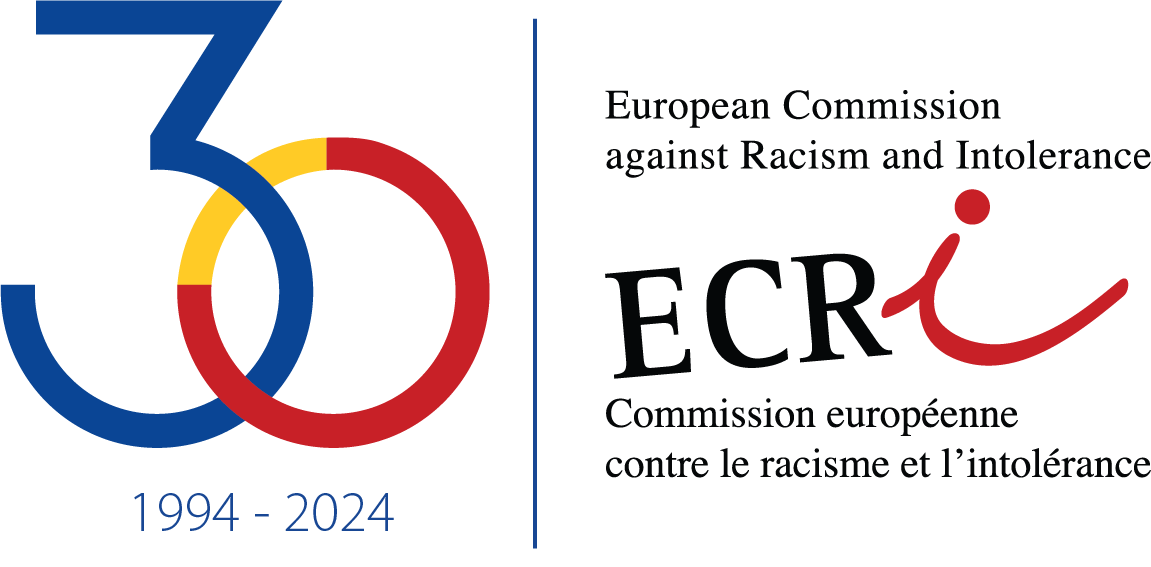In its report published today on the Netherlands, the European Commission against Racism and Intolerance (ECRI) welcomes the process to include further discrimination grounds in the Constitution and the amendment to the General Equal Treatment Act covering also a person’s sexual characteristics, gender identity and gender expression.
A new National Anti-Discrimination Programme was adopted in 2016 and leading politicians have publicly condemned hate speech. At school, equality and tolerance are mandatory parts of civic education. The prosecution has pursued several strategic hate crime cases, and the police and the prosecution co-operate with the local anti-discrimination bureaus (ADVs). The Royal Dutch Football Association has enacted rules on how to respond to offensive chants in stadiums.
Municipalities have invested in intense integration programmes for newcomers. The school results of children with a migrant background and Antillean minors have significantly improved. The authorities have focused on discrimination in the labour market and taken effective measures to remove exploitative temporary work agencies. The policy of reducing the number of camp sites for Roma has been discontinued. Attitudes towards LGBTI persons continue to improve.
However, some issues give rise to concern. The hate crime and anti-discrimination legislation does not provide for sufficiently dissuasive sanctions. Not all anti-discrimination bureaus are independent, and the equality bodies do not have enough resources.
The mainstream political discourse and media reporting continue to be strongly influenced by xenophobic, fear-fuelling rhetoric and politicians have openly expressed racist beliefs of biological superiority, with large amounts of hate speech remaining online over long periods of time. A considerable number of hate-motivated attacks were perpetrated against Muslims, mosques and LGBTI people. Antisemitic chants continue to occur during football matches.
The 2013 reform of the integration policies shifted the burden onto newcomers, who have to pay for or take loans to finance their tuition. Success rates in the civic integration exams have dropped sharply. Achievements in language learning have also fallen. Children with a migrant background and Antillean minors remain over-represented in special needs schools, disproportionately often enrolled in the lower streams of secondary education and have difficulties in finding internships. The employment gap of these groups is not narrowing, in part due to discrimination. Migrant workers remain exposed to exploitation. Roma continue to lag behind in education, resulting in low employment rates, poverty and exclusion.
According to recent studies, 61% of the respondents with a North African and 43% of those with a Turkish background perceived the most recent police stop as ethnic profiling. The legislative and operational framework for such controls is too vague.
ECRI makes a number of recommendations to the Dutch authorities, requesting priority implementation of the following two and planning a follow-up on them in no later than two years:
- Adopt an integration strategy and action plan that openly state that integration is a two-way process and mobilise the entire society to support integration;
- Insert in the Action Plan against Labour Market Discrimination indicators and measurable targets to reach.
ECRI also recommends that the police and prosecution should reach out more intensively to minorities, encourage reporting of hate speech, ensure quick removal of hate speech from the Internet and take a set of measures to prevent racial profiling. The authorities should also focus on reducing the gap in the schooling results of children belonging to minorities, consider appointing Roma mediators and promote mutual respect in schools regardless of sexual orientation and gender identity.




